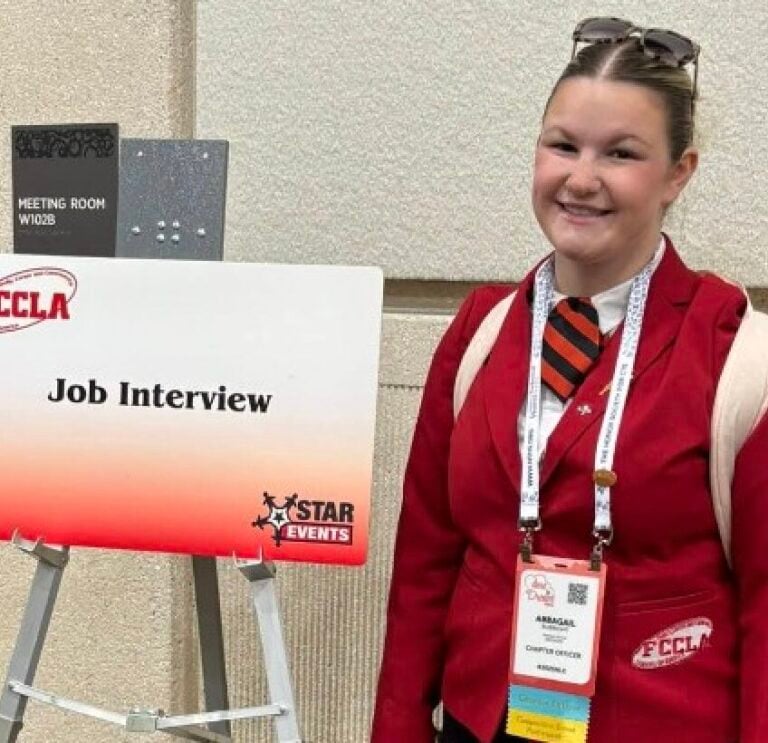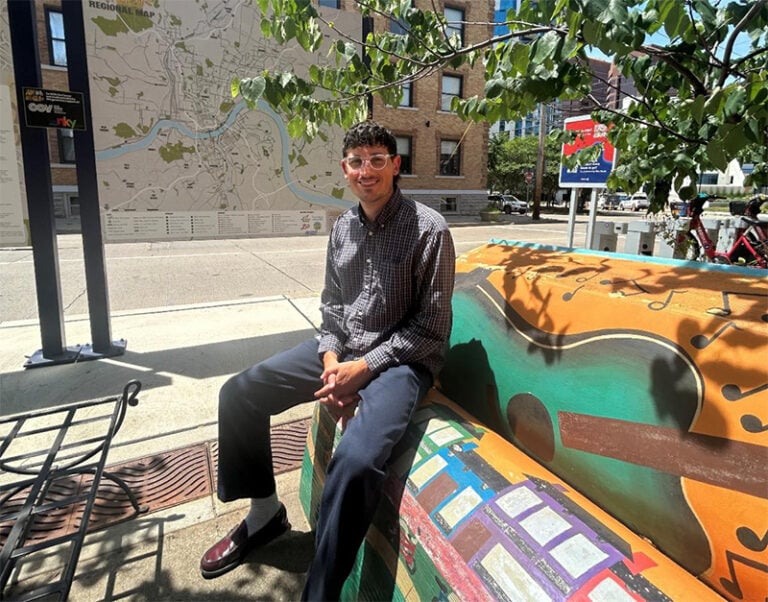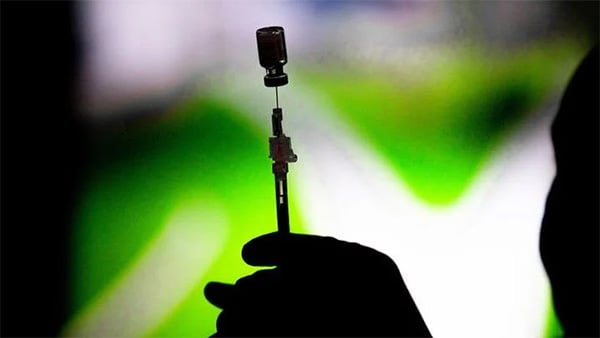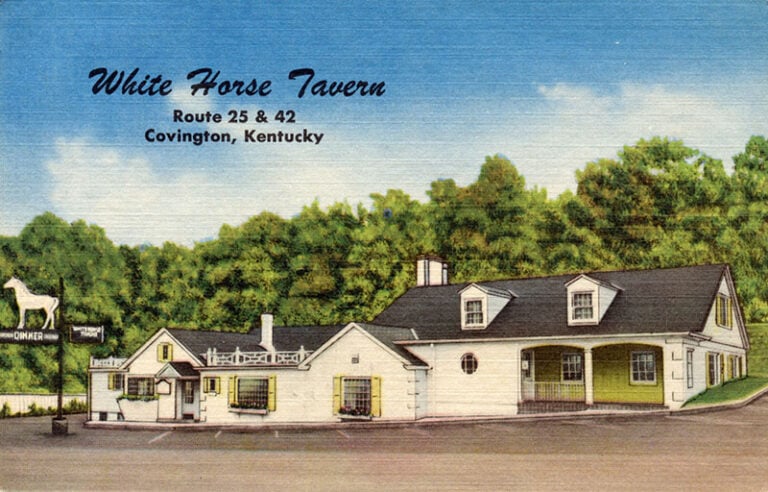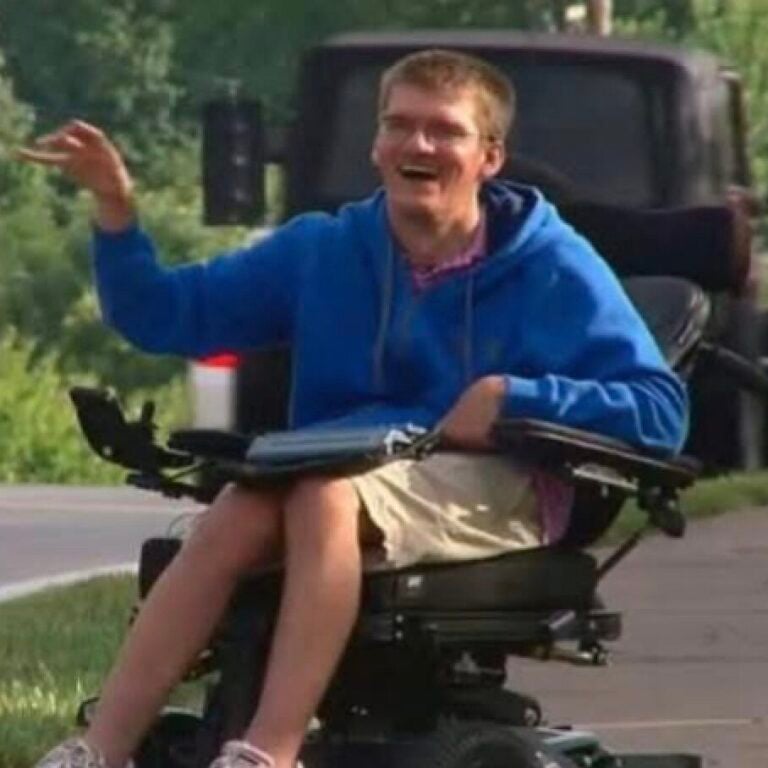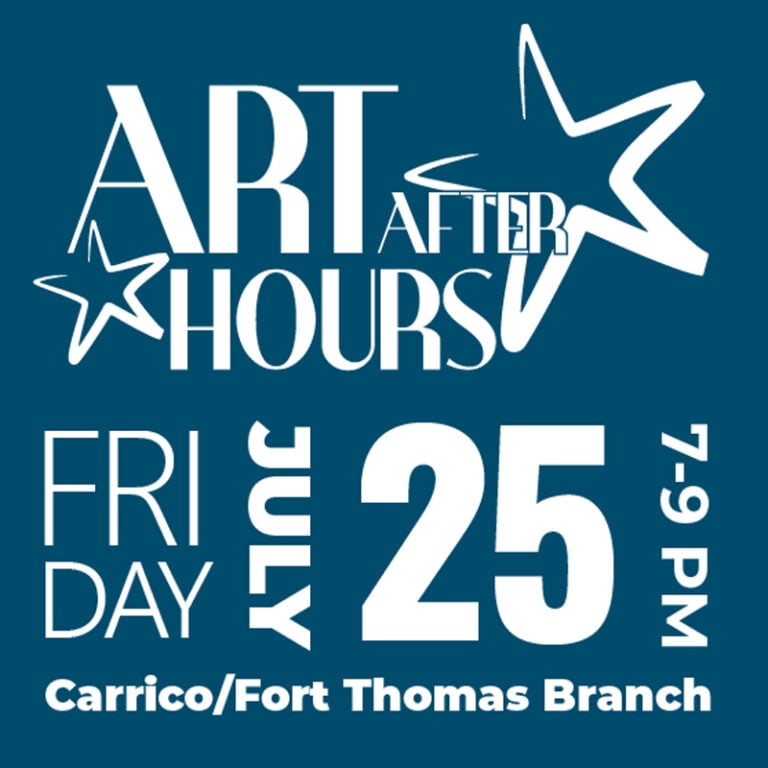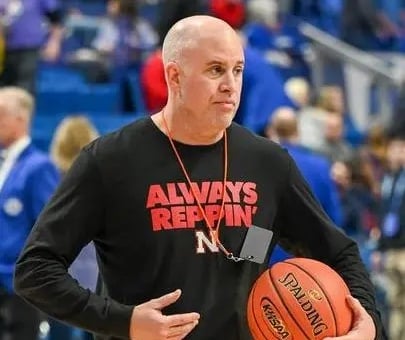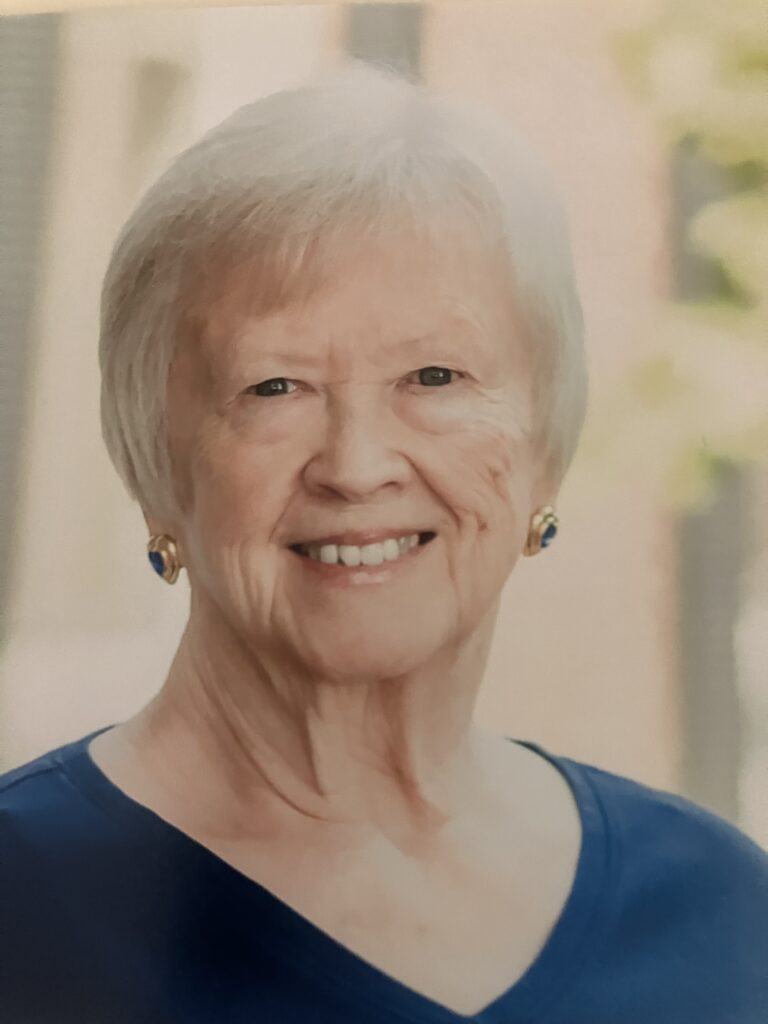By Dr. Howard Whiteman
Murray State University
The devastating and tragic fires in Maui — now one of the most deadly in America’s history — are the most recent example of how we like to blame our problems on nature. Even though we know that our addiction to fossil fuels helped create the drought, heat, and wind that set off these fires and allowed them to burn without mercy, killing what will likely be hundreds of people, we cannot help ourselves. We call it a “natural disaster.” You have heard this meme on the news.
There are plenty of natural disasters out there, but many of these events are disasters because of humans, not nature. Condemning nature for our problems is just like a child pointing a finger at his sibling when asked about an empty cookie jar, while his hands are covered in crumbs.

Think about it from nature’s point of view. Yes, nature can be violent at times, but life is often renewed and even thrives off of such disturbances. When tornados, hurricanes, and floods come, they knock out some species and allow others to thrive. Wildfires take out understory, allowing new trees to emerge. Some pine trees have cones that will not release their seeds unless a fire burns through, reducing competition for the next generation. Floods provide nutrients to wetlands, creating the rich soils that plants and the animals that live off them flourish in. We farm floodplains in part because of the rich soils that flooding provides. Such disturbances are a natural part of the ecological balance of the planet.
The only reason hurricanes, tornados, floods, earthquakes, and wildfires are disasters is because a human built something or lived somewhere that was then destroyed by the event. It wasn’t a “natural disaster”, as if nature was the culprit. It was humans that caused the problem, by living in an area that was susceptible to hurricanes, tornadoes, or floods. We shake our fists at the sky and wonder why nature has done this to us. But a long look in the mirror allows us to consider whether building in a floodplain, tornado alley, low-lying coastline, or next to a fault in the earth’s crust was ever a good idea. It wasn’t, and still isn’t.
Climate change has upped the ante, by increasing the risk. Places that used to be wonderful areas to settle have changed. Scientists suggest that the so-called tornado alley has begun shifting east from Oklahoma and Texas into Arkansas, Tennessee, and Kentucky. The western US and Canada have been subject to historic droughts that have made wildfires more frequent and dangerous in new areas. Hurricanes have become stronger with warmer temperatures, fueling more destruction in their paths. Places where we once could ride out a storm are now much riskier than they had been.
Maui is the most recent example, but it won’t be the last of these unnatural disasters. Scientists have been warning us for centuries, even if they are only heeded, at least temporarily, when major events happen, like the Dust Bowl, Love Canal, Chernobyl, Katrina, and even COVID-19. During the last century we have checked off each of these warnings like a grocery list. Human population growth is too fast, and we may surpass the carrying capacity of Earth, leading to famine. Check. We are spewing too many greenhouse gases into the atmosphere and the planet will warm, changing climate, creating water shortages, increasing the frequency and severity of wildfires, and spawning more violent storms. Check. Population growth and climate change will lead to an increased emergence and spread of disease in human populations. Check.
Scientists are now warning of a new, perhaps even bigger issue. Evidence suggests that, as science has predicted for decades, climate change is affecting our ocean currents, and that the one that currently helps keeps northern Europe habitable—the same Gulf Stream that keeps our eastern seaboard a great place to swim in—may collapse in the next few decades. When that happens, and more disasters ensue, will we continue to blame nature?
None of these events, even when they happen suddenly like the fires in Maui, the tornados in Mayfield and Dresden, or the slew of named hurricanes that will hit our shores this fall, are nature’s fault, and we should not be blaming nature for any of them. They are clearly disasters, and tragic ones, but there is simply nothing natural about any of them, because it is humans that have fueled these natural events—hurricanes, tornados, earthquakes, and even disease—and made them disasters, for us. Without us, without our inability to stop manipulating our world, there would be no disaster. It would just be nature doing what she does, naturally.
Dr. Howard Whiteman holds the Commonwealth Endowed Chair of Environmental Studies at Murray State University where he is director of the Watershed Studies Institute and a professor in the department of Biological Sciences.








